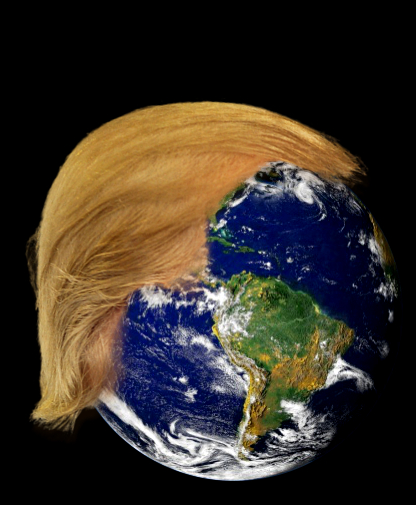Trump hits TPP on day one
 Newly-minted US President Donald Trump has made even stronger moves against the Trans-Pacific Partnership.
Newly-minted US President Donald Trump has made even stronger moves against the Trans-Pacific Partnership.
A White House statement in the wake of Mr Trump's inauguration said the United States would protect its own jobs, and “crack down on those nations that violate trade agreements and harm American workers in the process”.
“This strategy starts by withdrawing from the Trans-Pacific Partnership and making certain that any new trade deals are in the interests of American workers,” it said.
The big global trade deal has been criticised for favouring multinational tech and pharmaceutical companies, but it cannot be ratified unless countries comprising at least 85 per cent of the GDP of its participants are on board. Without the US, the deal cannot go ahead.
The Australian Government is still forging ahead though, with Prime Minister Malcolm Turnbull and his Japan’s PM Shinzo Abe just last weekend saying they “would coordinate toward the early entry into force of the TPP”.
The death of the TPP could cause trade negotiators to focus on a less well-known international trade deal – the Trade in Services Agreement (TiSA).
The TiSA has been the subject of negotiations between top global trading economies including the US, the EU, Japan, Australia and Canada since 2013.
The only real insight so far has been through the release of confidential documents by WikiLeaks, showing the agreement could affect the future of service-oriented economies, like Australia.
Its provisions cover areas of market access, liberalisation of financial services, telecommunications, temporary entry of business persons, and transport and localisation sectors.
Monash University lecturer Giovanni Di Lieto has written about the complications and risks of TiSA in an article for The Conversation.







 Print
Print